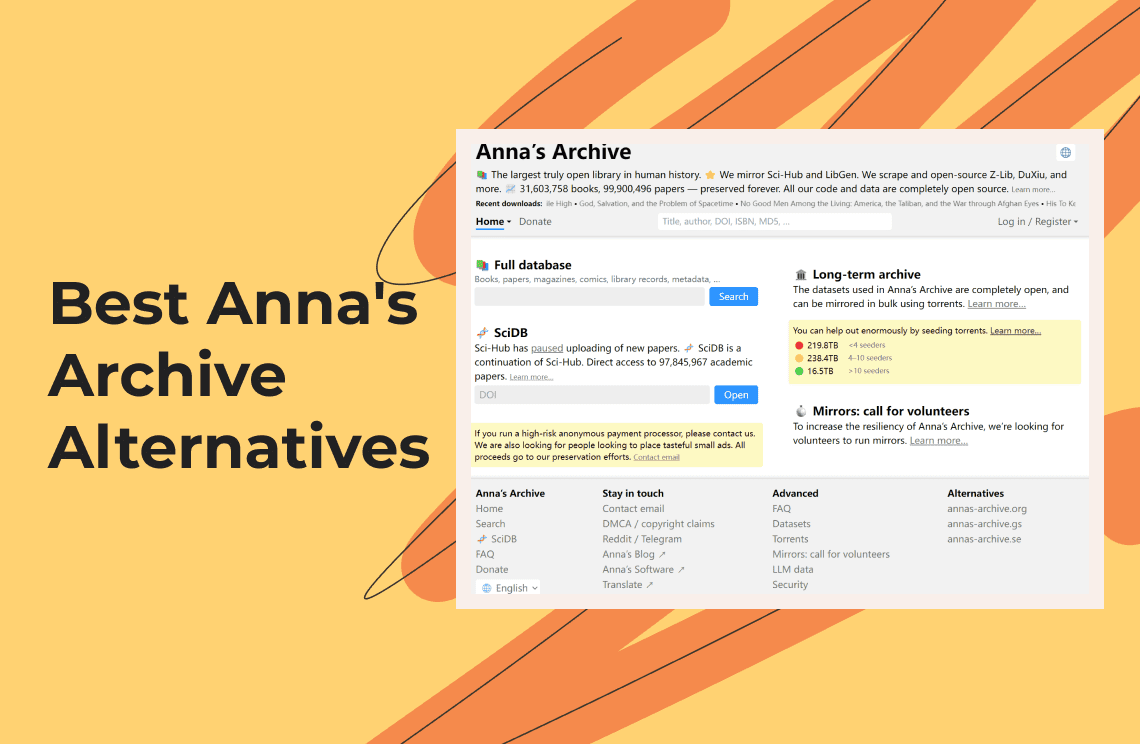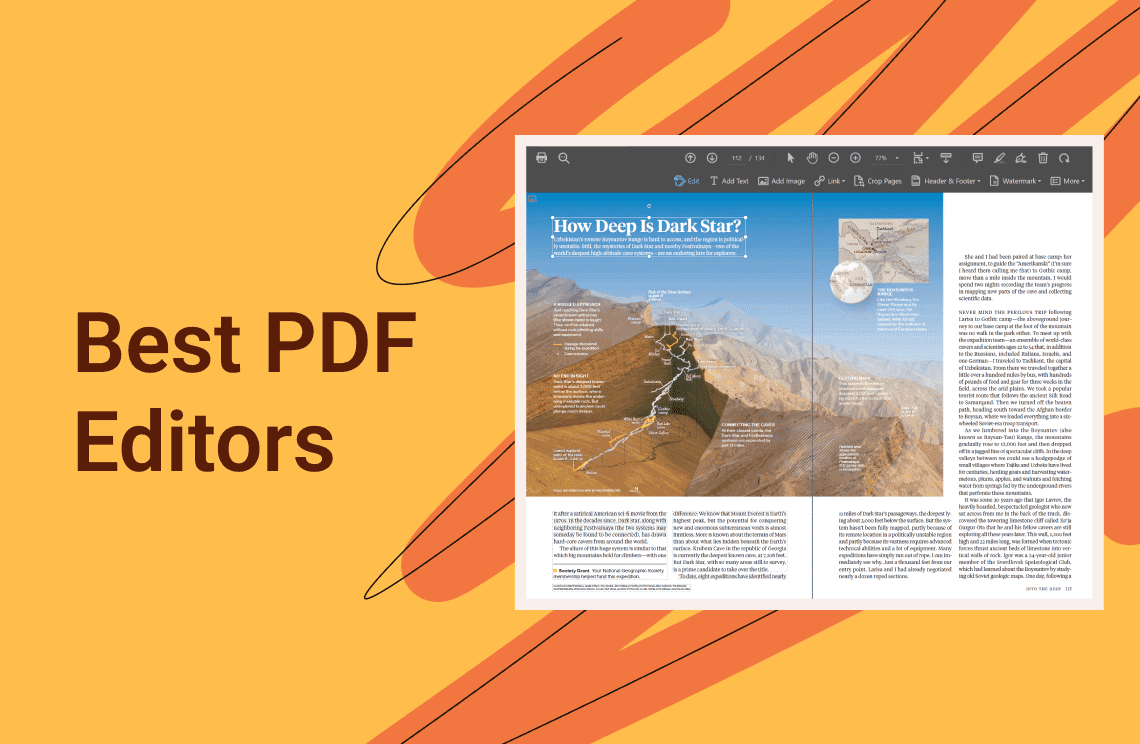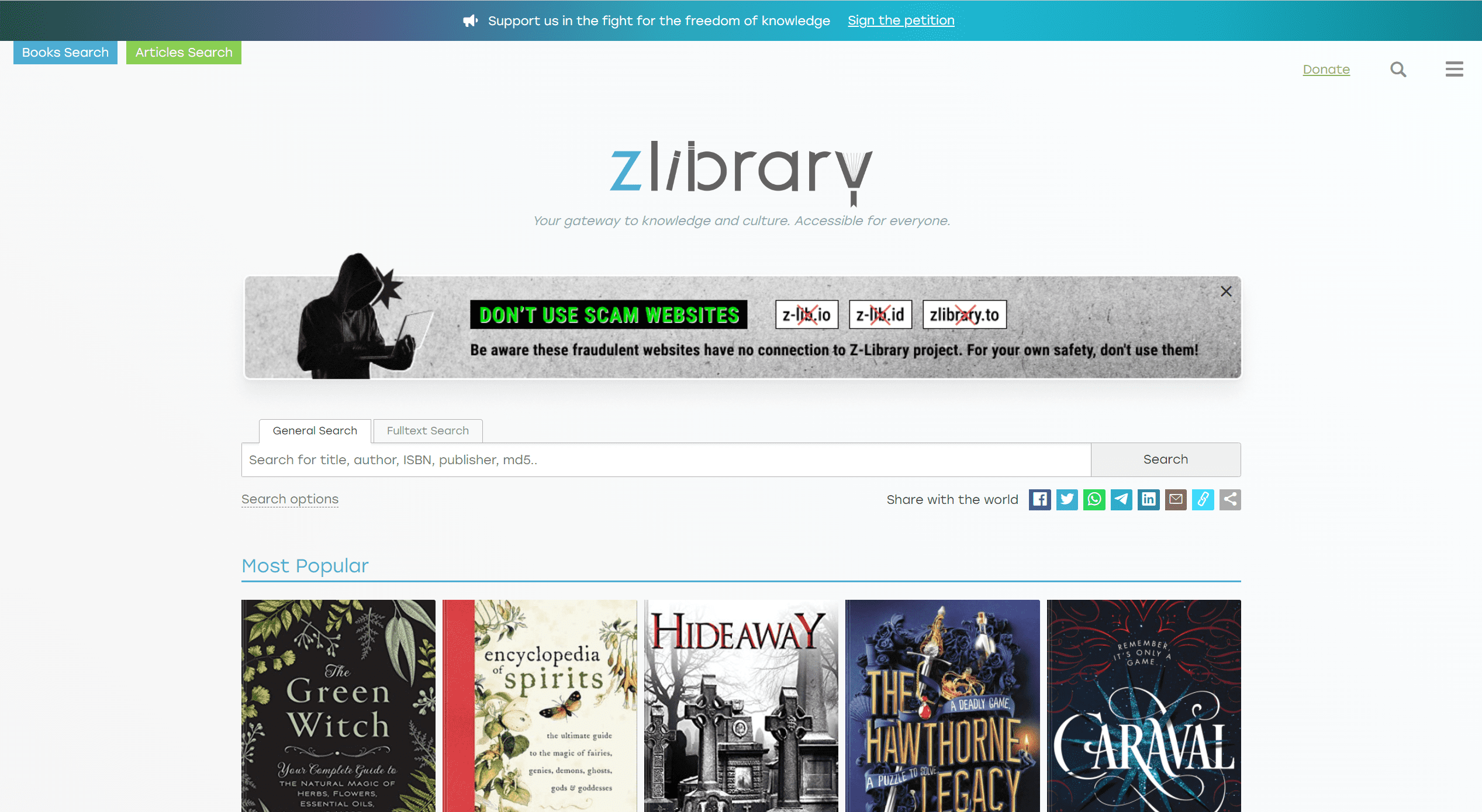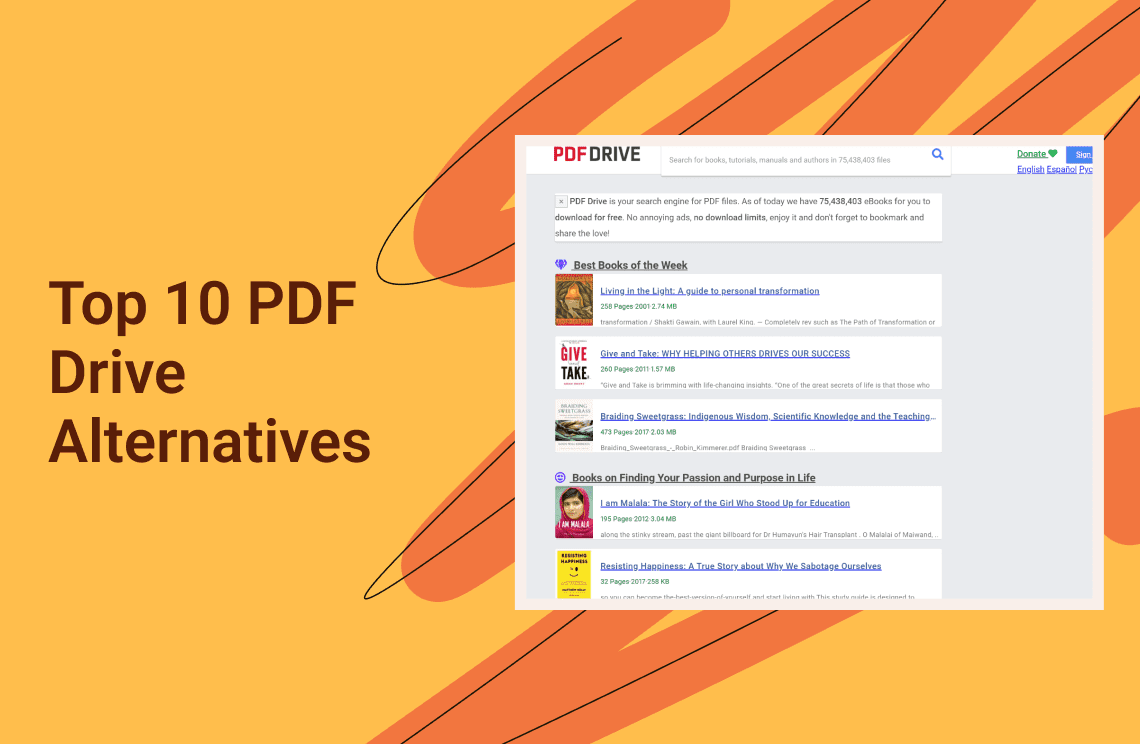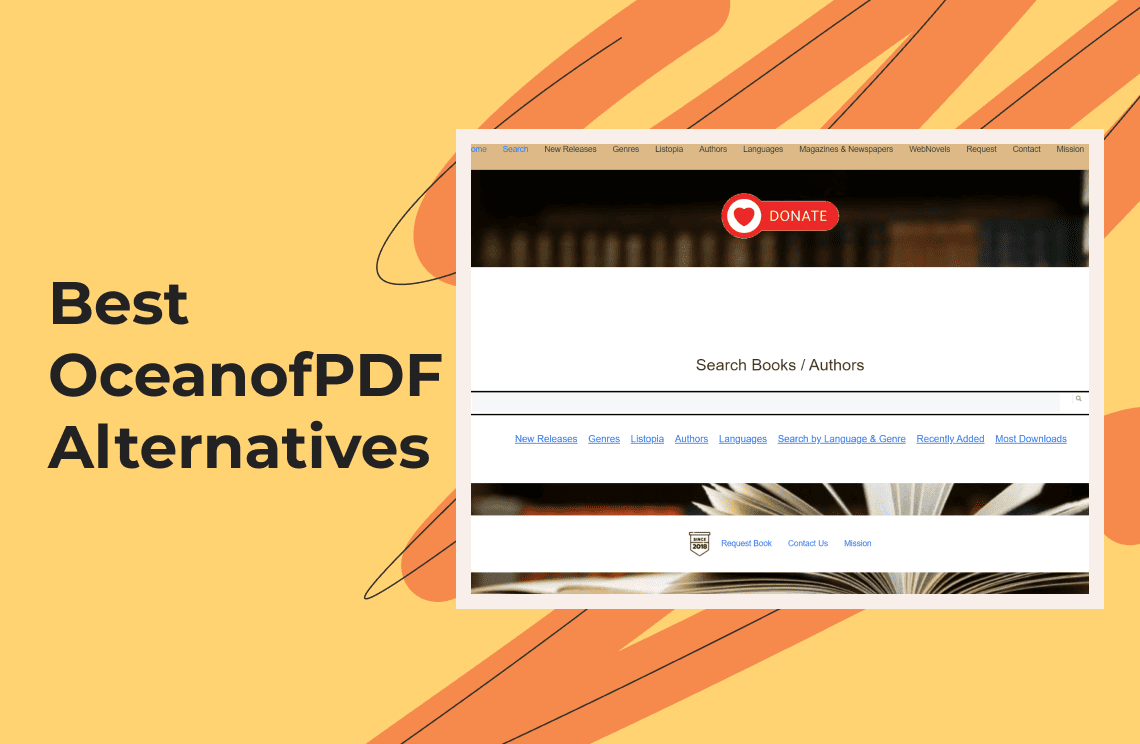In today's research landscape, access to reliable and up-to-date scholarly resources is crucial for students and academics alike. However, recent events have highlighted the potential pitfalls of relying on certain sources for research materials.
Court rulings, such as the one in the Netherlands that ordered an ISP to block access to Anna's Archive and LibGen, raise concerns about the legality and accessibility of these platforms. These websites, while popular for offering a vast collection of research papers and ebooks, often contain copyrighted materials.
This article aims to be your guide through this evolving landscape. We'll explore a variety of safe and legal alternatives to Anna's Archive and similar platforms. By utilizing these options, you can ensure you're accessing reliable scholarly resources while supporting the research community and avoiding potential legal issues.
Top 8 Best Anna's Archive Alternatives in 2025
Here's a curated list of safe and legal alternatives to Anna's Archive, offering a variety of research papers, academic journals, and scholarly articles:
1. Internet Archive
A digital library powerhouse, the Internet Archive boasts a staggering collection exceeding 44 million scholarly texts and over 835 billion archived web pages. This treasure trove includes millions of research papers across various disciplines. Their Wayback Machine feature allows you to access archived versions of websites, potentially unearthing valuable research materials no longer readily available online.
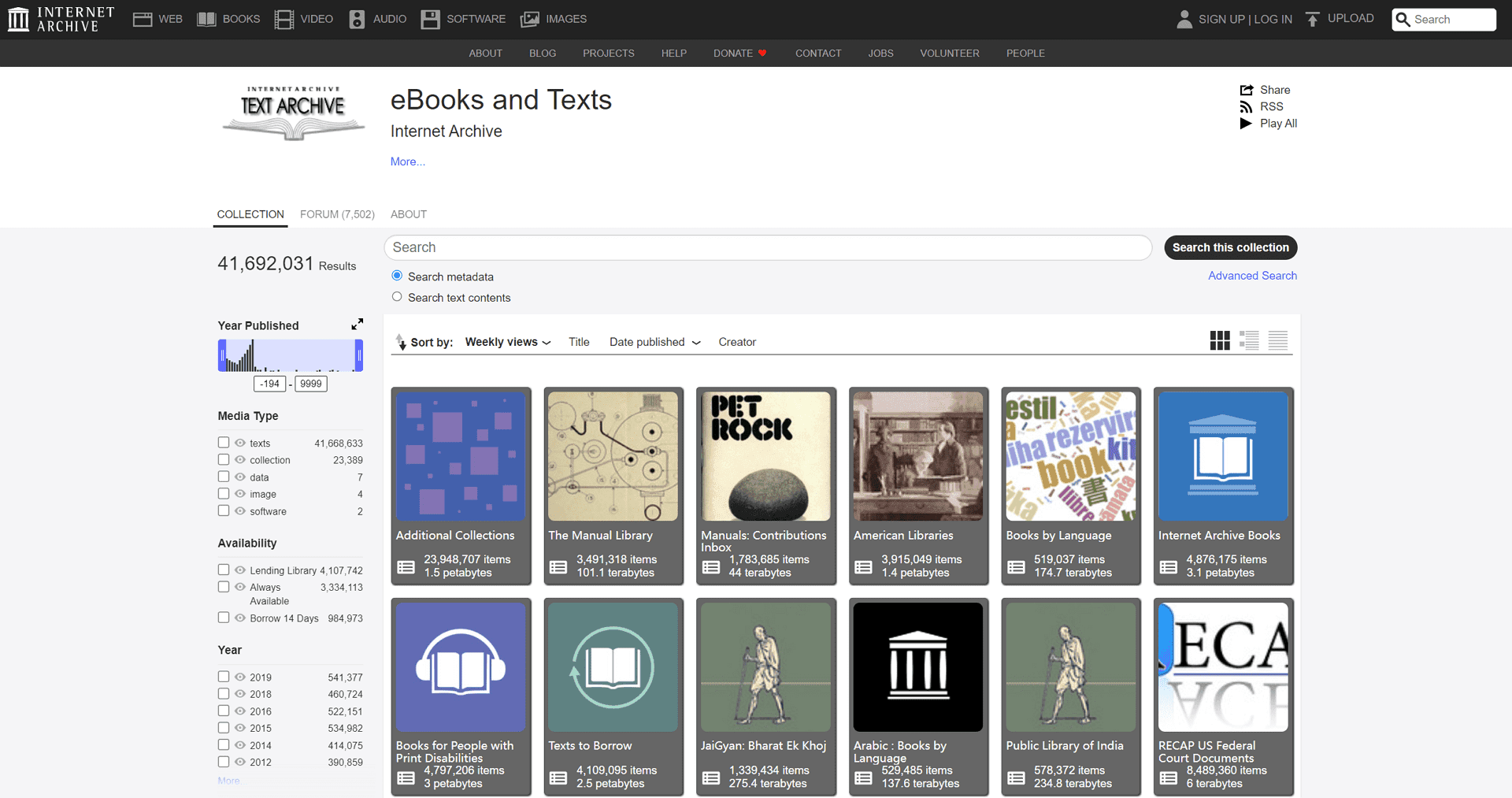
2. Google Scholar
A familiar name, Google Scholar serves as a powerful search engine specifically designed for academic publications. With its ability to crawl through scholarly articles, books, and publications from a massive index, Google Scholar allows you to pinpoint relevant research papers across all fields. It seamlessly integrates with library resources, allowing you to access full-text articles directly through your connected institution's database (availability depends on library subscriptions).
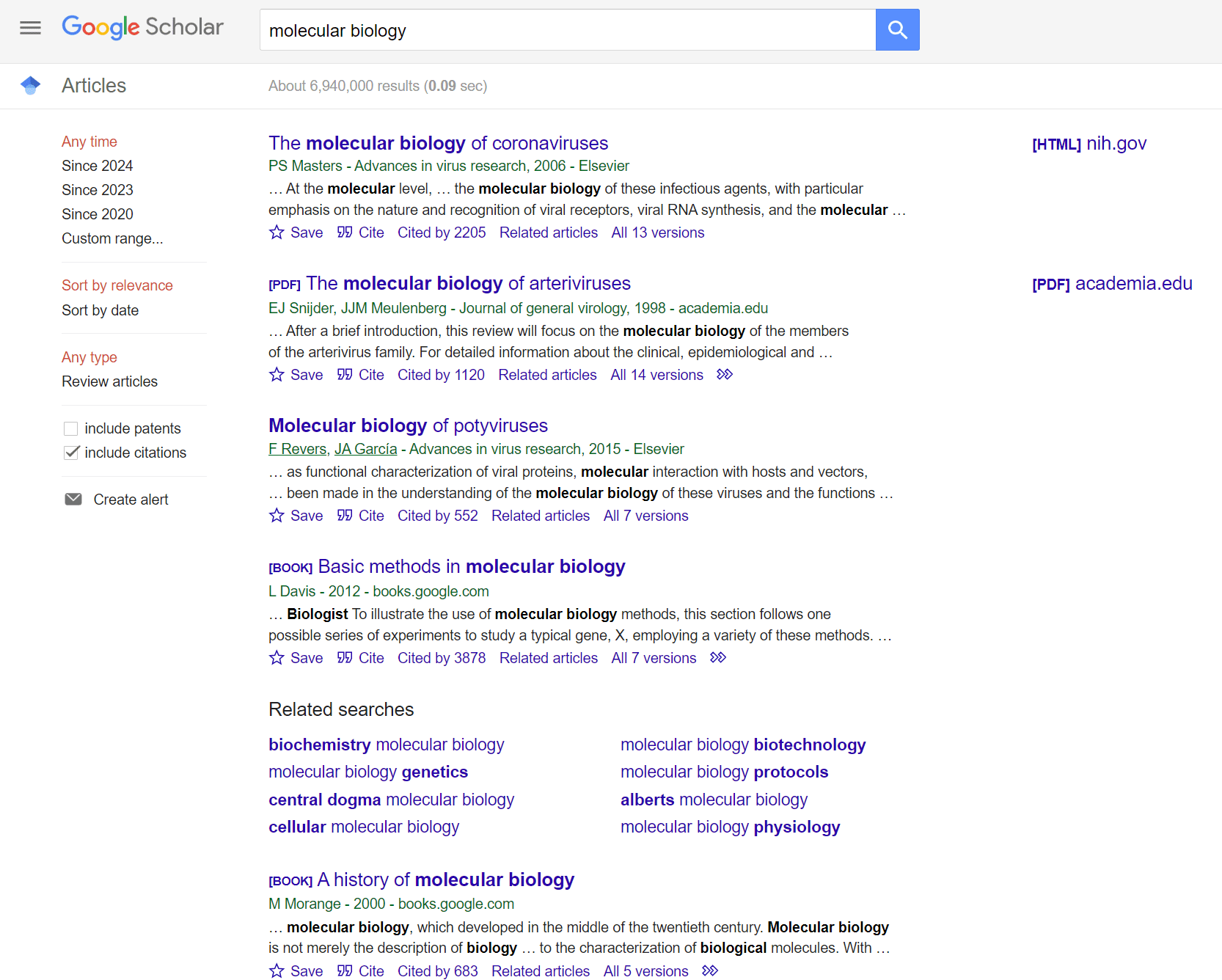
3. Directory of Open Access Journals (DOAJ)
Open access is a revolutionary movement in academic publishing, making research freely available to everyone. DOAJ serves as a champion for open access, indexing thousands of peer-reviewed journals across all academic disciplines. This platform allows you to explore a vast collection of scholarly articles with the guarantee of free and legal access.
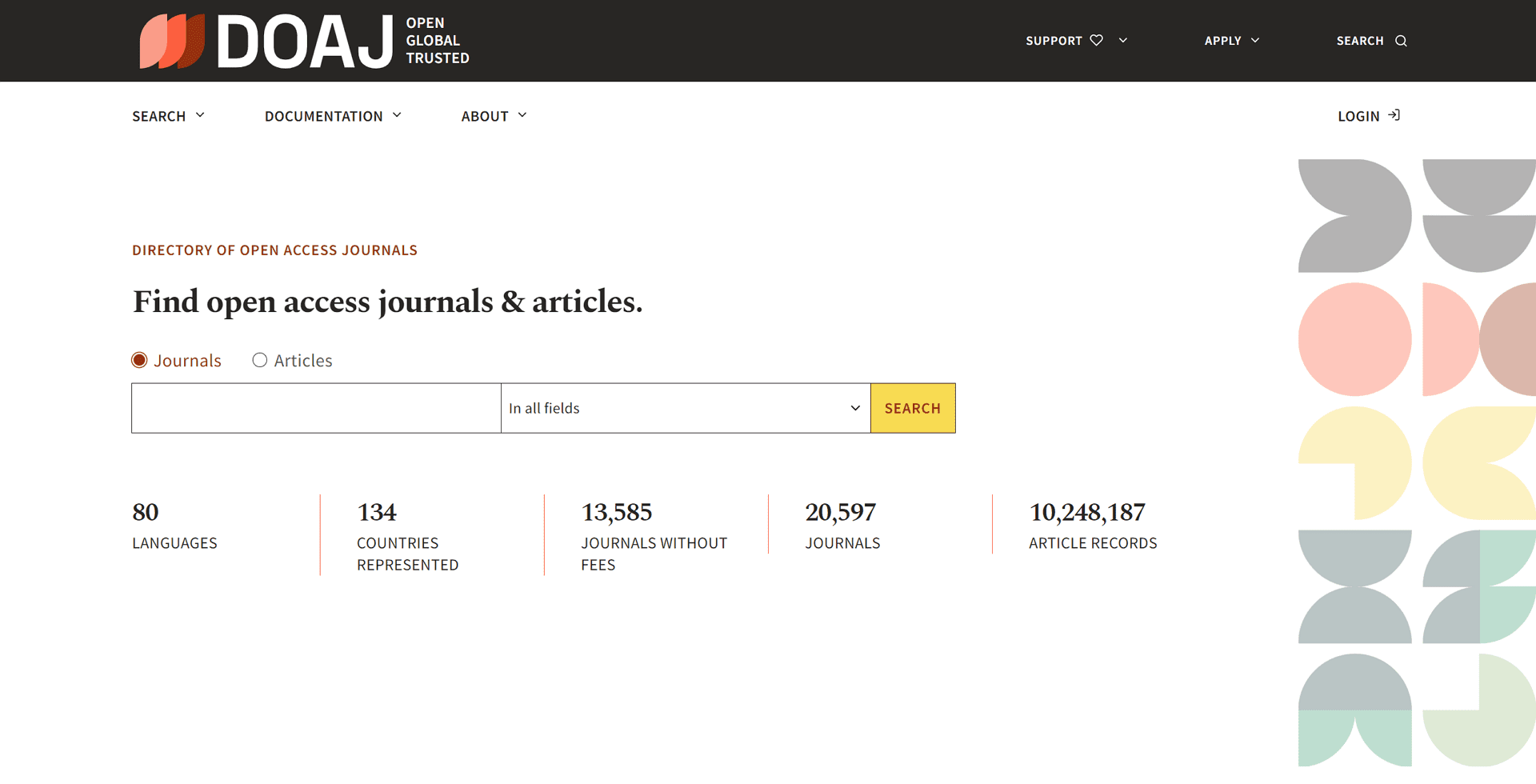
4. Open Library
Think of Open Library as your local library, but in a convenient, digital format! Partnering with libraries worldwide, Open Library allows you to borrow ebooks electronically, including a wealth of academic texts. Simply connect your library card and explore their extensive collection. This is a fantastic option for those seeking scholarly resources readily available through their local library network.
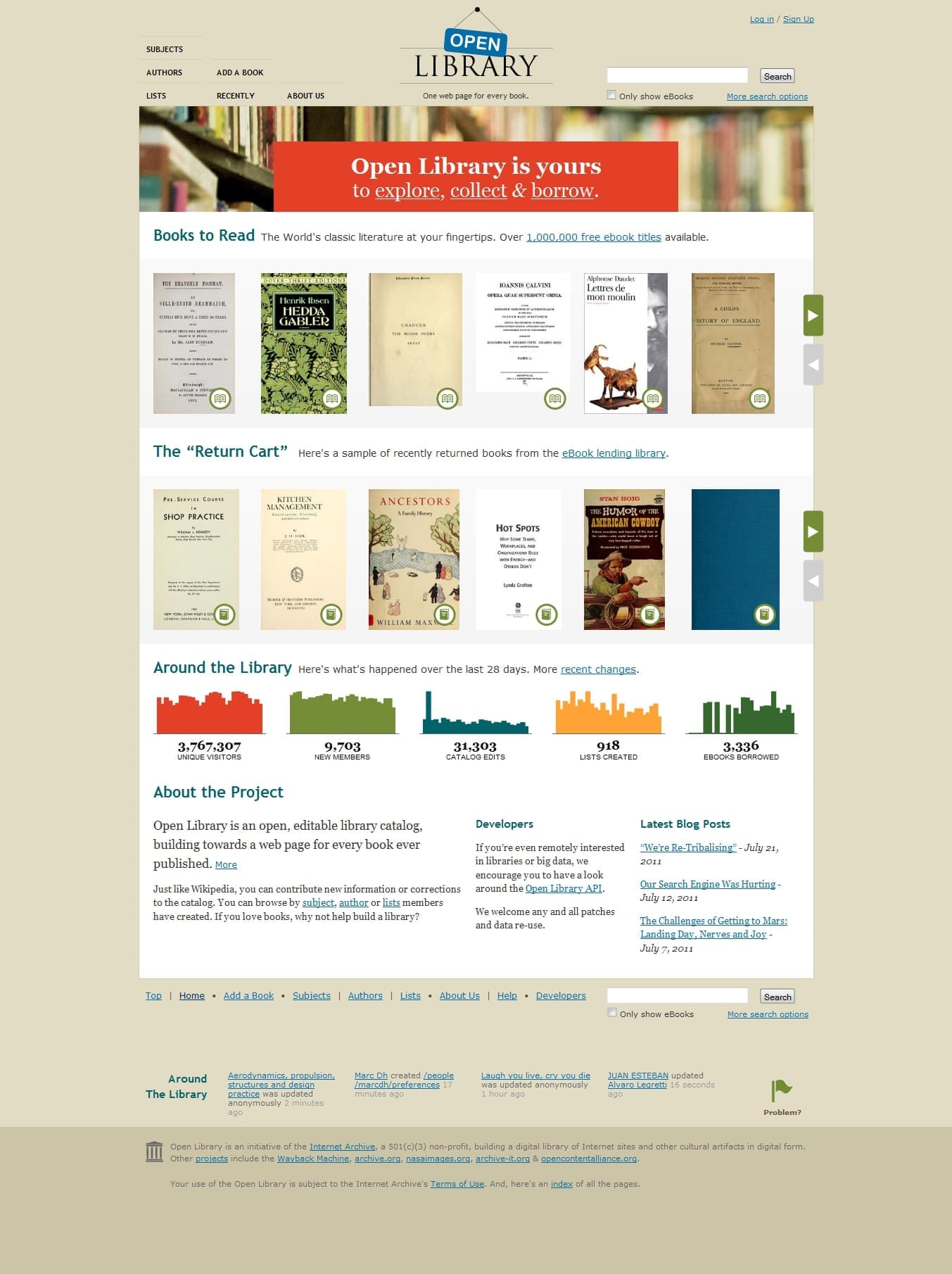
5. WorldCat
Imagine a library catalog on a global scale – that's the essence of WorldCat. This massive library catalog acts as a search engine for library resources worldwide. While it won't directly provide full-text access to research papers, WorldCat excels at helping you locate scholarly materials like books, articles, and other resources available in various libraries.
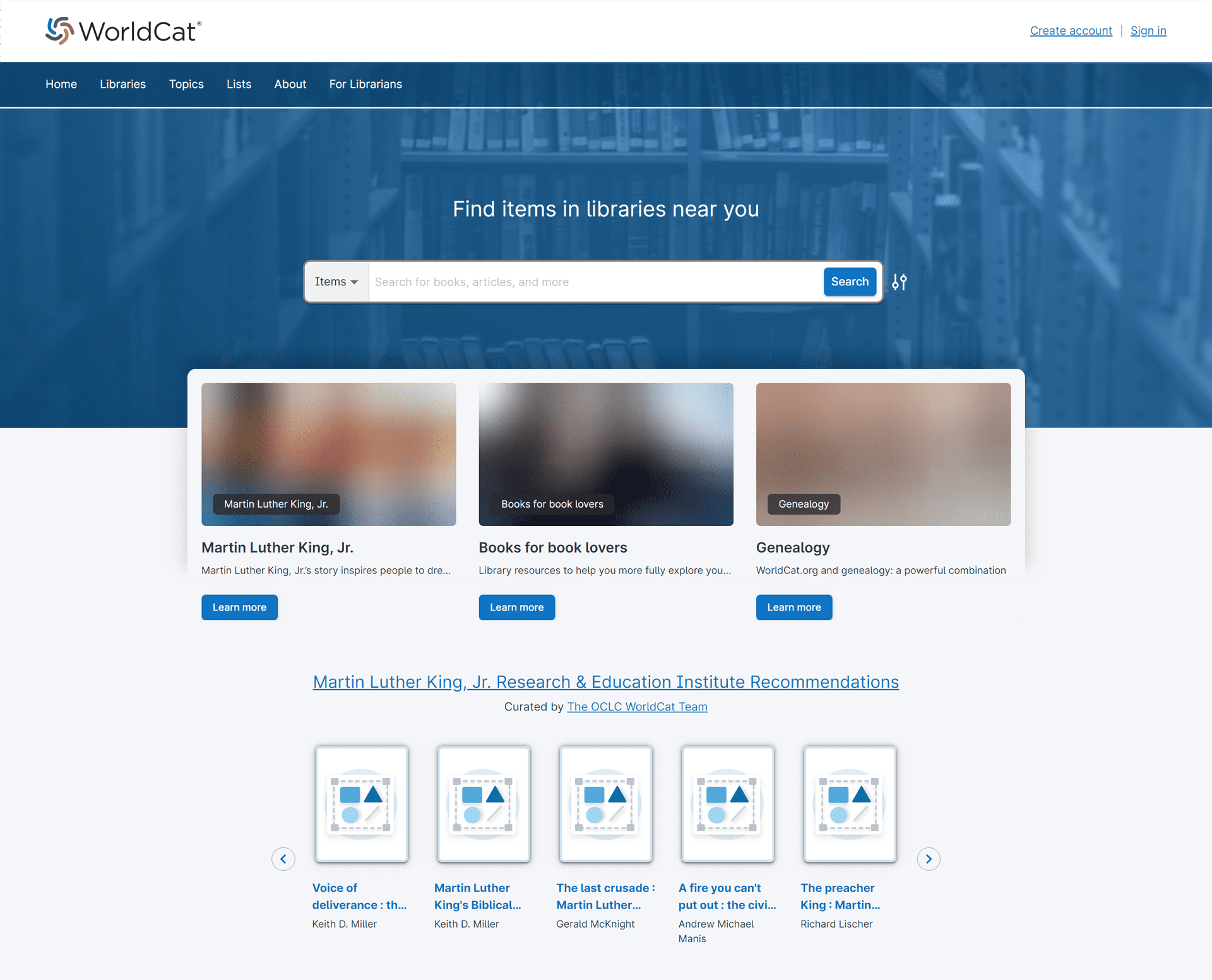
6. CORE (Open Access Repositories)
CORE is a champion for aggregating open access scholarly content. It functions by collecting research outputs from a variety of institutional and disciplinary repositories, offering you a centralized location to explore a vast collection of free, full-text articles across all disciplines.
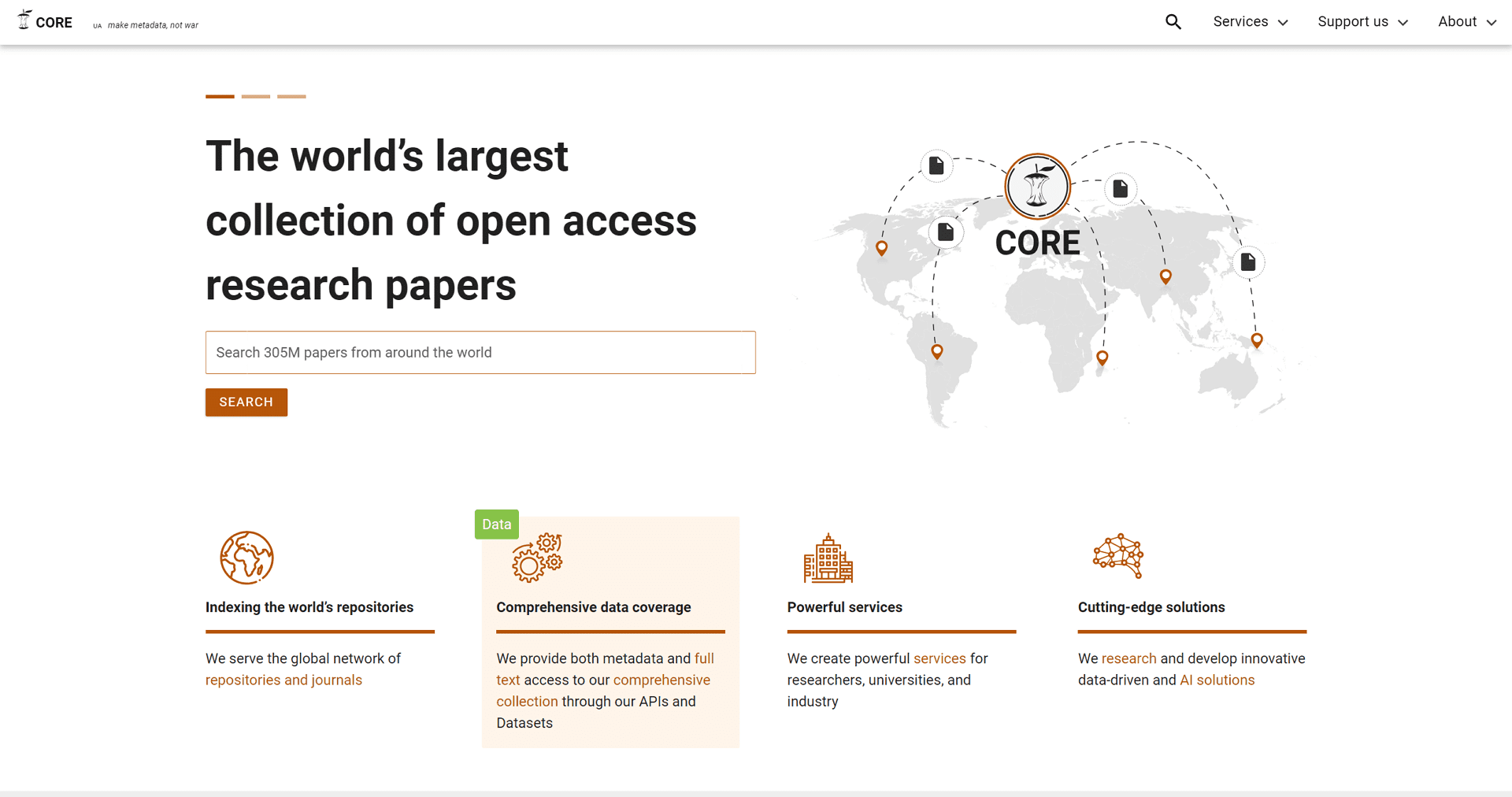
7. Academia.edu
This platform fosters a vibrant academic community by allowing researchers to share their work and connect with colleagues. Academia.edu provides a space to discover research papers across various fields. While a significant portion of content is freely available, access to certain articles might require a premium subscription.
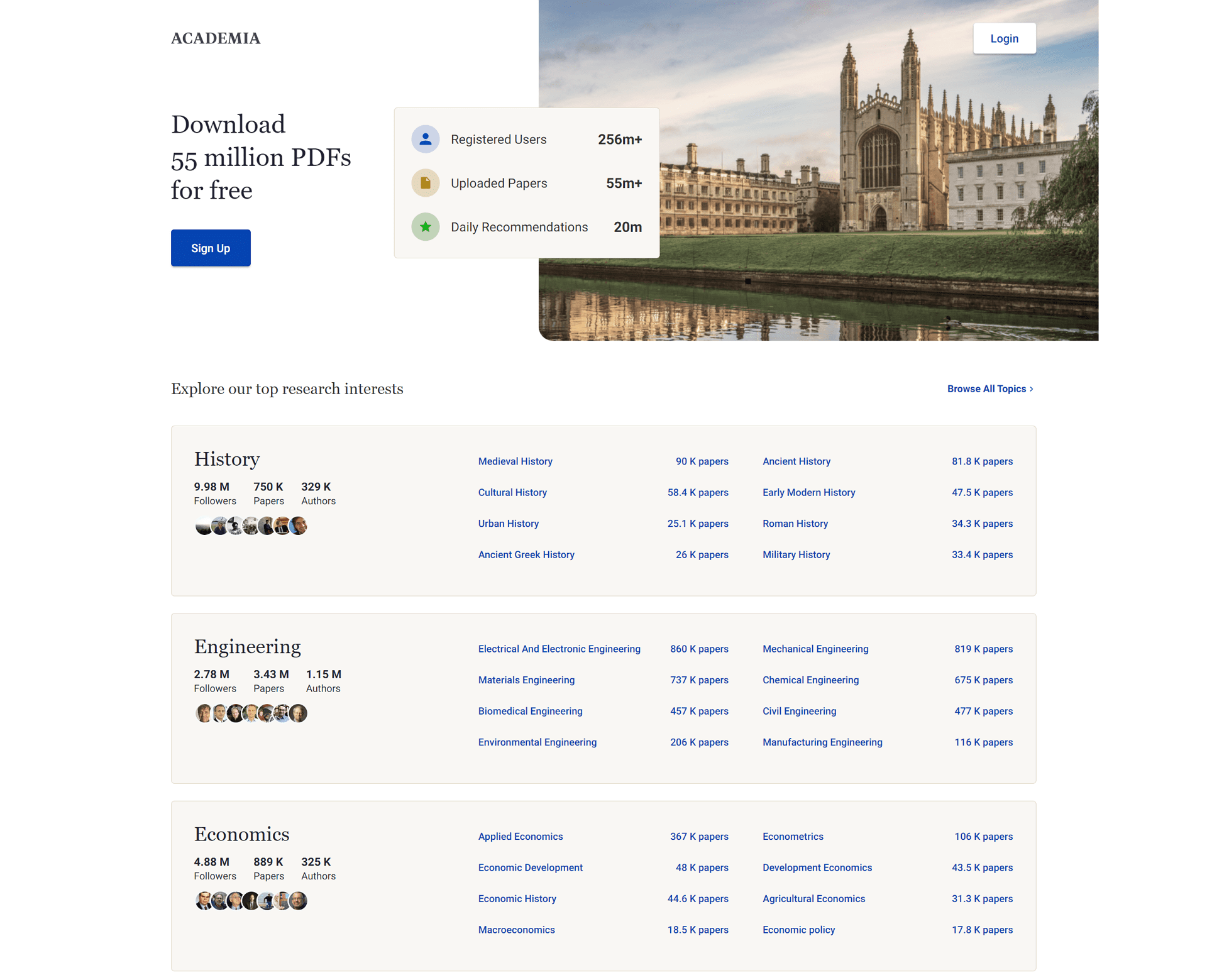
8. ResearchGate
Similar to Academia.edu, ResearchGate fosters academic collaboration and knowledge sharing. Researchers can utilize this platform to share their work, connect with colleagues, and discover new research publications. Some content may require a paid subscription for full access.
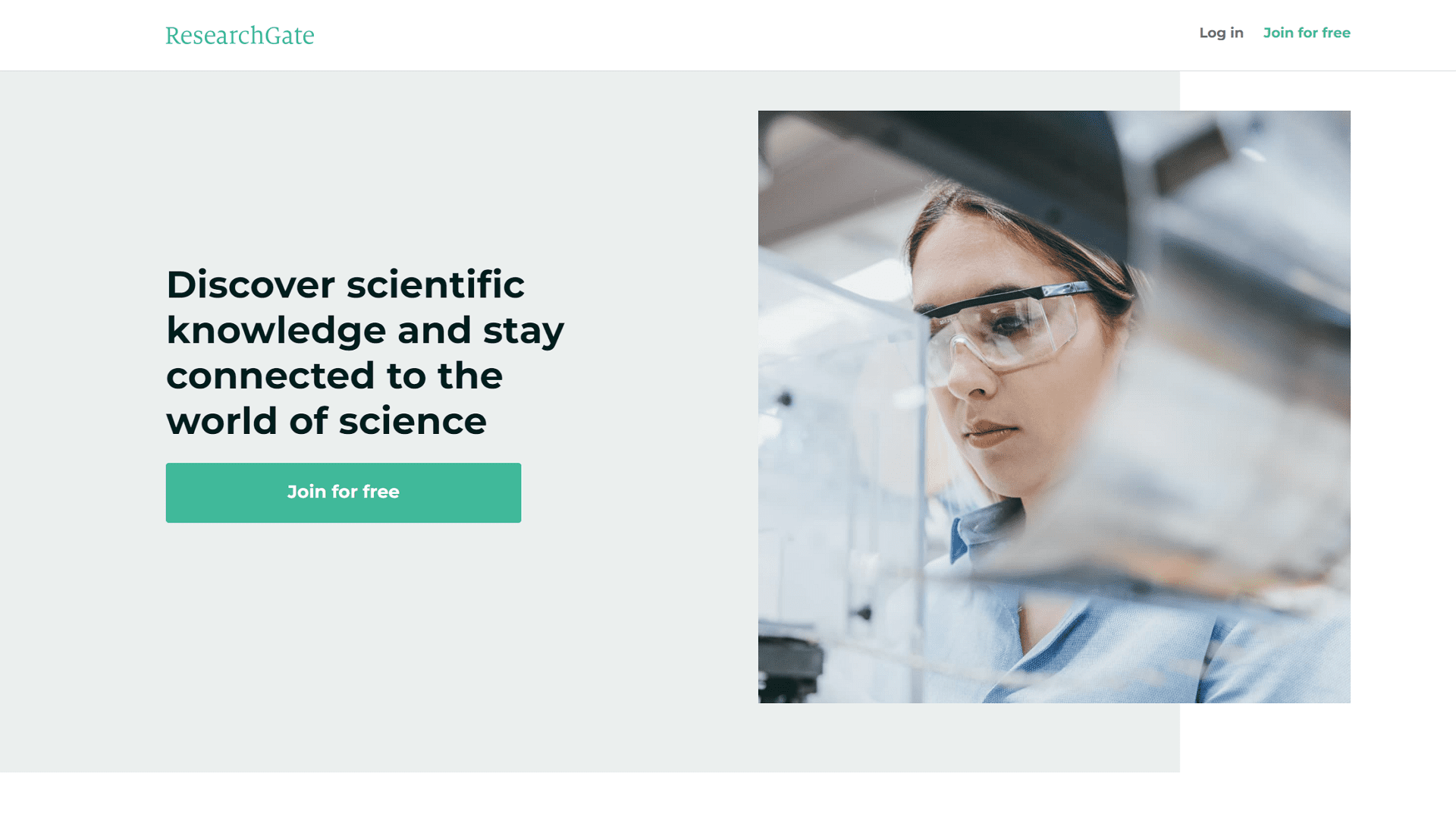
FAQs about Anna's Archive and Alternatives
1. Is it illegal to download ebooks and research papers from Anna's Archive?
The legality of downloading materials from Anna's Archive depends on the copyright status of the specific ebook or research paper. Downloading copyrighted materials without permission from the copyright holder is generally illegal.
Additionally, there are ethical considerations. Authors and publishers deserve compensation for their work. By using legal alternatives, you ensure that creators are supported and continue to produce valuable scholarly resources.
2. Is Anna's Archive still working?
Anna's Archive's functionality might vary depending on your location. Some countries have implemented internet service provider (ISP) blocks to restrict access to the website.
For more information, please check out the official subreddit of Anna’s Archive: https://www.reddit.com/r/Annas_Archive/
3. Where can I find free and legal research papers?
Many universities and research institutions offer open access repositories for their publications. Google Scholar, DOAJ, and CORE are excellent resources for finding free, legal, and peer-reviewed research articles. Additionally, libraries offer access to a wealth of scholarly materials through their databases and online resources.
4. How to take notes on PDFs downloaded from Anna's Archive and Anna's Archive Alternatives?
While the alternative platforms listed here provide safe and legal ebooks and research papers, many don't offer built-in annotation features for note-taking. But worry not, fellow scholar! Here's where a versatile PDF solution like PDF Agile comes in handy.
PDF Agile allows you to not only open and read your downloaded research papers but also add annotations, highlights, and comments directly onto the PDF. This way, you can actively engage with the material and retain key information from your research. Remember, downloaded ebooks might have restrictions on copying or modifying content, so ensure you're following the platform's terms of use when taking notes.

